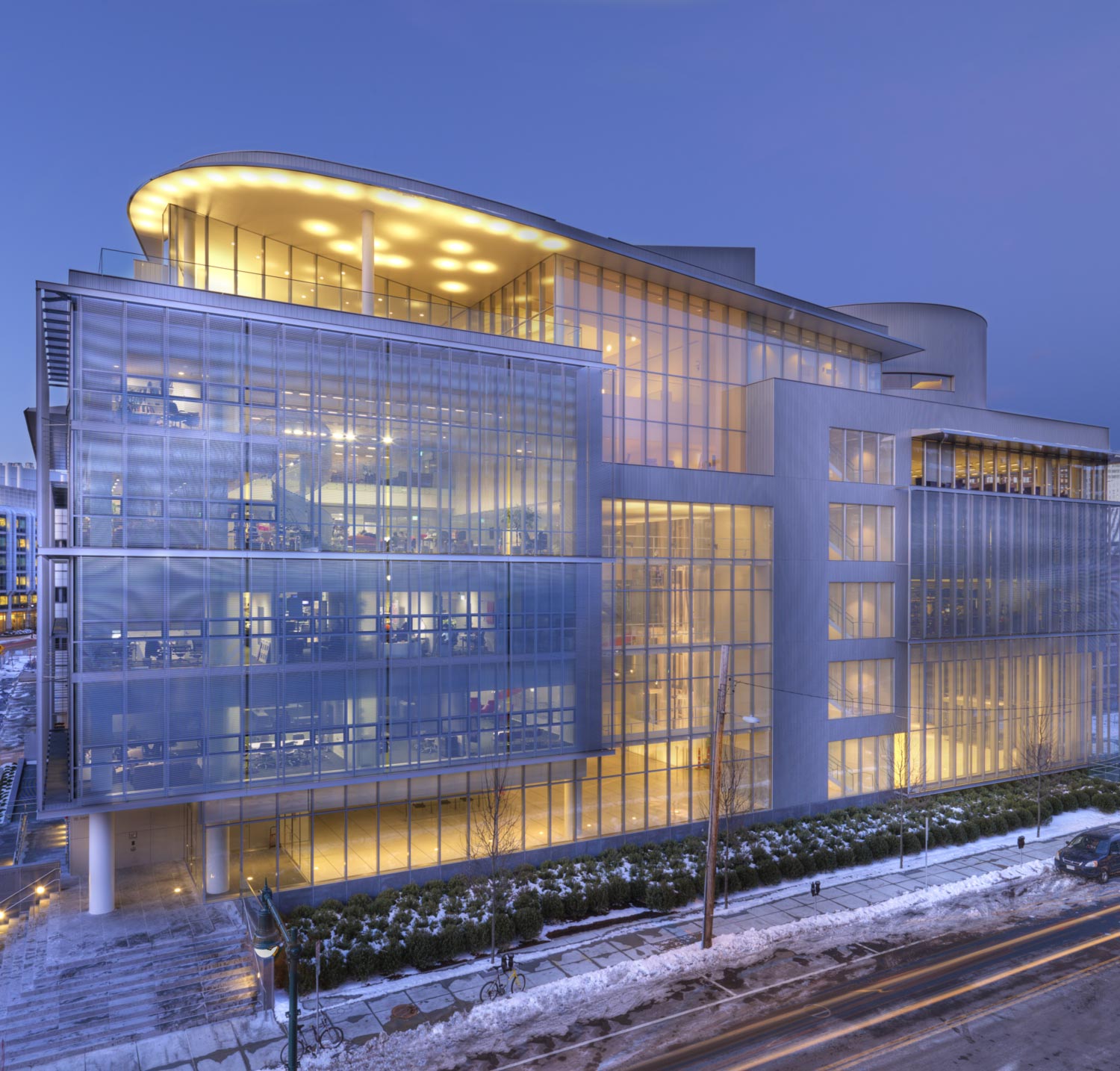Has the coronavirus finally taught us how to listen to science?
The Boston Globe
The coronavirus pandemic contains an encouraging surprise. If we can take the right lessons from the crisis, we will find ourselves better prepared to tackle the health of our fevered planet.
The first lesson is that our deepest well of practical hope is in science and the people who practice it. The front-line health care workers, public health experts, engineers, and scientists working on face shields, masks, ventilators, testing, contact tracing, therapeutic drugs, and a vaccine — with courage and ingenuity — are fighting the current wildfire with torrents of scientific knowledge. In a nation that cannot seem to agree on much these days, most people feel confident that a vaccine, an exquisite scientific achievement, will eventually save the day. Similarly, in the fight to slow and adapt to climate change, we must actively build on this implicit respect for the power of science.
Science is also our best warning system — if we can force ourselves to listen. Experts have warned for decades that human encroachment on wild habitats, rapid urbanization, and global interconnectedness were setting the stage for pandemic catastrophe, and the initial outbreak of COVID-19 spurred prominent early warnings. For ignoring these persistent alarms, humanity is paying an excruciating price. As we mark the 50th anniversary of Earth Day, can we use that bitter lesson to finally galvanize action on climate change?
In 1979, a federally commissioned study led by a meteorology pioneer, MIT professor Jule Charney, told the nation something it was not ready to hear: “We now have incontrovertible evidence that the atmosphere is indeed changing, and we ourselves contribute to that change.” Charney and his colleagues estimated “the most probable global warming for a doubling of CO2” to be near 3° C with a probable error of plus or minus 1.5° C , an assessment still considered accurate today.
We and the Earth are now well on our way to living out that prediction, with carbon dioxide concentrations already about 50 percent higher than in the preindustrial era. Decades of further research and increasingly dire warnings have inspired some societal action — but nowhere near enough. It is as if we are back in December when, in a place like Massachusetts, COVID-19 still felt theoretical and far away.
Today we can mourn the lost time and regret the missed warnings. But I hope instead that we can channel all our energy into teaching ourselves, as a society, to finally begin listening to planetary warnings the way we listen in an emergency.
Every emergency reveals that “impossible” things are actually doable. In this case, our society just demonstrated that it can choose to change more and faster than we ever imagined. Responding to the challenges of climate will require structural transformations, serious technological advances, and significant changes in collective behavior. The fact that we managed, within weeks, to radically rearrange how we live and work, in service of the common good, is a good sign.
Obviously, the current enforced isolation and economic deep freeze are temporary measures that society cannot endure for long, and repairing that damage will itself take our finest collective action. But there is value in having stretched the limits of what we can picture in terms of human adaptation, and in proving that, like generations before us, we do have the capacity to take action together.
We should also seize this disruptive moment to reassess business as usual in every dimension, including those that drive climate change. As we look for system-scale climate solutions, what entrenched habits, patterns, and assumptions could we rethink, reassess, or cast aside? And in the struggle to restore the economy, can we find new opportunities to create the jobs people desperately need in industries that help reduce carbon emissions and make society more resilient?
The final lesson: Leadership makes all the difference. Governors, mayors, and others across the country have demonstrated the profound value of coordinating the actions of individuals, institutions, and industries, and cities, states, and regions. With climate change as with COVID-19, our success depends on the sum of our individual actions. But it depends far more on our collective decisions and commitments, at scale. State and local governments have much to contribute on climate as on the coronavirus. But they cannot do it alone. Curing the climate crisis will demand a COVID-style combination of ambitious new policies and rapid advances in technology — coordinated through farsighted, humane, science-centered national leadership, in concert with other countries around the globe.
Amid so much suffering and disruption, it can be difficult to tell one day from another, never mind focus on another societal threat. But by observing how humanity is confronting the immediate challenges of COVID-19, we can find the courage and insight to create the resilient, forward-looking society we need.


